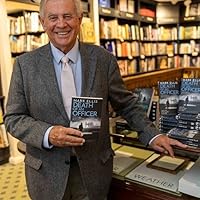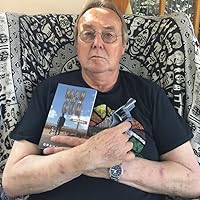

“原版定制Manitoba曼大文凭证书曼尼托巴大学毕业证书成绩单Q/WeChat:328970823办理Manitoba留学认证书/留信认证,订购Manitoba学士学位证书,修改Manitoba成绩单GPA,学士学位证,硕士学位证,驻外大使馆学历认证,海牙认证,名校保录,留信网上存档可查真实学历认证University of Manitoba Diploma,Degree,Transcript”
― Ohňostrojení
― Ohňostrojení

“Ivan, the Russian sharpshooter, was sitting, gun in hand, behind one of Borg’s men on a motorbike further down South Eaton Place. The wooden barriers, the parked lorry and the elderly gentleman with the stick were all part of Isaac Walsh’s plan, aimed at hampering the policemen and giving Abbott a chance to escape.”
― Death of an Officer
― Death of an Officer

“Like a gloomy and sinister paradox since its apparition until now, socialism suffered terrible and terrifying metamorphoses. With the name of the most human doctrine—Socialism—the most ominous and naughty crimes against humanity were done. The National Socialism of Hitler created Auschwitz and Majdanek and the People’s socialism of Stalin — Gulag and Kolima! And both of them buried more than fifty million people! That’s monstrous!”
― Socialism Is Dead! Long Live Socialism!: The Marx Code-Socialism with a Human Face
― Socialism Is Dead! Long Live Socialism!: The Marx Code-Socialism with a Human Face

“Whither be the heart of Justice?
Lo, in stone, child. Lo, in stone.
Whither be the heart of Justice?
Lo, tis fast in stone.”
― Sheever's Journal, Diary of a Poison Master
Lo, in stone, child. Lo, in stone.
Whither be the heart of Justice?
Lo, tis fast in stone.”
― Sheever's Journal, Diary of a Poison Master

“He craned his neck and sniffed at the puffball. “It is a dog,” he confirmed. “Hey! Come on, time to go,” he barked at the animal, foraging in its woolly thicket of fur and finding a leg to pull.
“How dare you!” squealed a thin voice. “How dare you insult the great, the magnificent, the incomparable Pom.”
― Cerberus
“How dare you!” squealed a thin voice. “How dare you insult the great, the magnificent, the incomparable Pom.”
― Cerberus
Synthia’s 2024 Year in Books
Take a look at Synthia’s Year in Books, including some fun facts about their reading.
Favorite Genres
Polls voted on by Synthia
Lists liked by Synthia
















